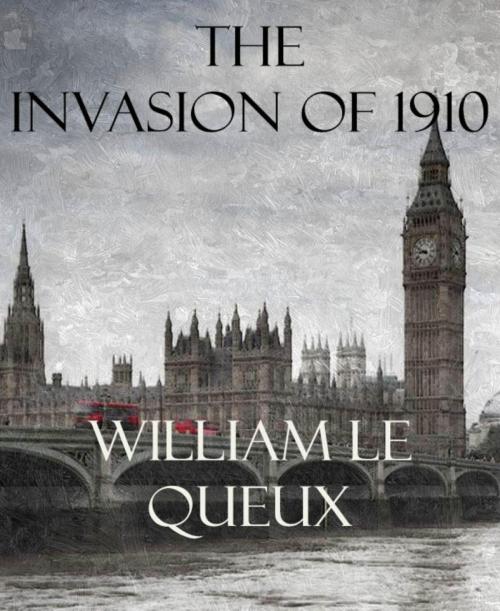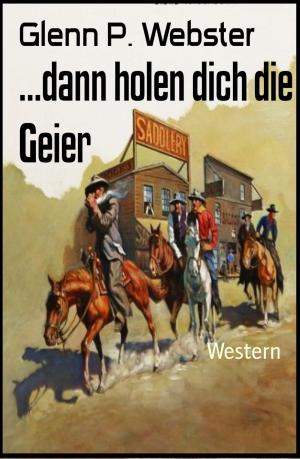| Author: | William Le Queux | ISBN: | 9783736817951 |
| Publisher: | BookRix | Publication: | June 7, 2014 |
| Imprint: | Language: | English |
| Author: | William Le Queux |
| ISBN: | 9783736817951 |
| Publisher: | BookRix |
| Publication: | June 7, 2014 |
| Imprint: | |
| Language: | English |
The Invasion of 1910 is a 1906 novel written mainly by William Le Queux (with H. W. Wilson providing the naval chapters). It is one of the more famous examples of Invasion literature. It is viewed by some as an example of pre-World War I Germanophobia. It can also be viewed as prescient, as it preached the need to prepare for war with Germany. The novel was originally commissioned by Alfred Harmsworth as a serial which appeared in the Daily Mail from 19 March 1906. The story rewritten to feature towns and villages with high Daily Mail readership, greatly increased the newspaper's circulation and made a small fortune for Le Queux; it was translated into twenty-seven languages, and over one million copies of the book edition were sold. The idea for the novel is alleged to have originated from Field Marshal Earl Roberts, who regularly lectured English schoolboys on the need to prepare for war. The book takes the form of a military history. William Tufnell Le Queux (1864-1927) was an Anglo-French journalist and writer. He was also a diplomat, a traveller, a flying buff who officiated at the first British air meeting at Doncaster in 1909, and a wireless pioneer who broadcast music from his own station long before radio was generally available.
The Invasion of 1910 is a 1906 novel written mainly by William Le Queux (with H. W. Wilson providing the naval chapters). It is one of the more famous examples of Invasion literature. It is viewed by some as an example of pre-World War I Germanophobia. It can also be viewed as prescient, as it preached the need to prepare for war with Germany. The novel was originally commissioned by Alfred Harmsworth as a serial which appeared in the Daily Mail from 19 March 1906. The story rewritten to feature towns and villages with high Daily Mail readership, greatly increased the newspaper's circulation and made a small fortune for Le Queux; it was translated into twenty-seven languages, and over one million copies of the book edition were sold. The idea for the novel is alleged to have originated from Field Marshal Earl Roberts, who regularly lectured English schoolboys on the need to prepare for war. The book takes the form of a military history. William Tufnell Le Queux (1864-1927) was an Anglo-French journalist and writer. He was also a diplomat, a traveller, a flying buff who officiated at the first British air meeting at Doncaster in 1909, and a wireless pioneer who broadcast music from his own station long before radio was generally available.















